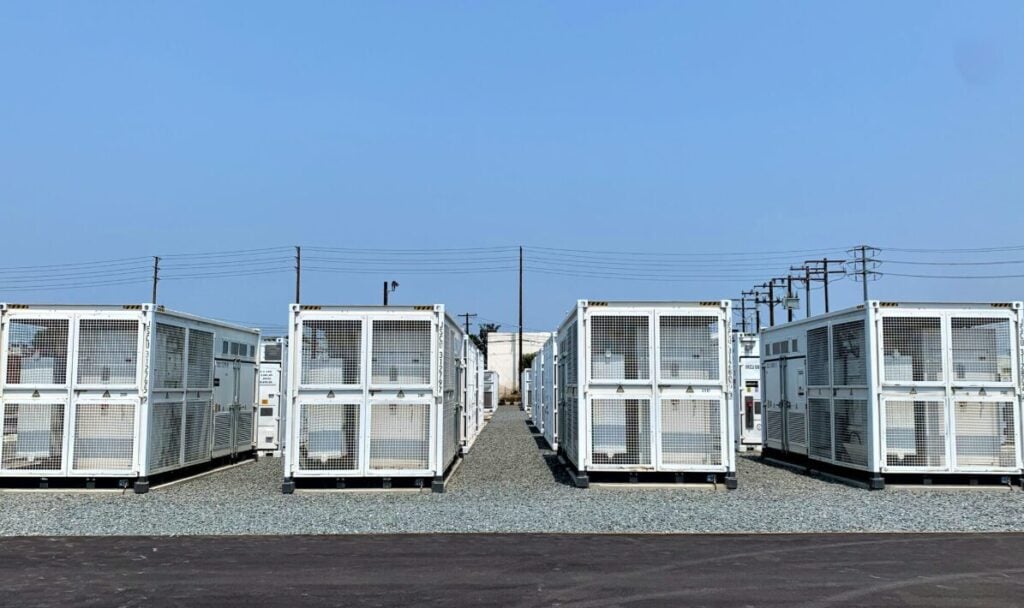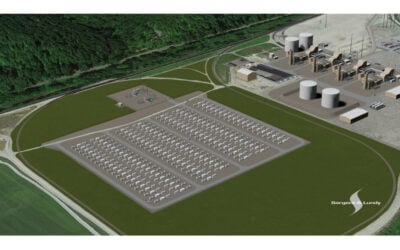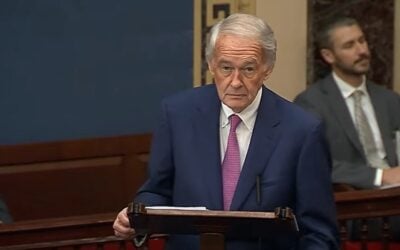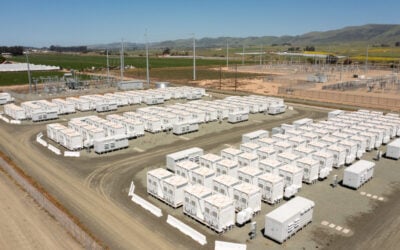
We hear from US distributed and C&I solar and storage developer-operator Convergent Energy and Power about its financing, its pipeline and strategy, as it and Scale Microgrids both announce US$150 million multi-project bank financing deals.
New York-headquartered Convergent last week (11 December) announced a deal with bank MUFG for US$150M in funding for near-term projects as well as a framework for future financing rounds which, the firm said, could total over US$1 billion in opportunities.
Enjoy 12 months of exclusive analysis
- Regular insight and analysis of the industry’s biggest developments
- In-depth interviews with the industry’s leading figures
- Annual digital subscription to the PV Tech Power journal
- Discounts on Solar Media’s portfolio of events, in-person and virtual
“Our sweet spot of 5-30MW in project size doesn’t support individual project financing, so we aggregate projects into one financing, something which requires a lot of strategic thought,” Convergent CFO and co-founder Frank Genova told Energy-Storage.news. “That diversification of multiple projects gives MUFG diversification and gives us visibility to drive our business forward.”
Founded in 2011 and focusing on distributed and commercial & industrial (C&I) sited projects, Convergent is one of the longer-standing players in the energy storage sector in the US. In that time, the financial industry has become much more comfortable with battery storage technology, and the main thing that affects financing is how secure the revenue is, Genova said.
“I’m glad to say banks have gotten over that technology hurdle, they are very comfortable with batteries. They’ve gotten very comfortable with the Tier 1 integrators out there, like IHI, Fluence, Tesla, Mitsubishi Power Americas (now spun out and called Prevalon). The question now is the revenue profile and how much is contracted with a credit-worthy buyer.”
The amount of a project’s revenue depends on where it is and who the customer is, but in general 50-70% of its portfolio’s revenues are contracted with the remainder merchant. Customers include utilities, where it will deploy a project and contract directly with them, and it also deploys larger C&I-sited, behind-the-meter (BTM) projects for large industrials.
“We’re not dealing with malls, we’re dealing with things like petrochemical, extrusion, food processing, cement manufacturing – customers that are often directly connected to the transmission system,” Genova said.
Genova said the firm’s choice of smaller projects also means that they are generally connected to the distribution network, rather than the high-voltage transmission network, or BTM, reducing a lot of the risk around grid connection delays that blight the clean energy sector in the US and globally. Efforts to fix the queue have been implemented in the US though the market hasn’t quite seen the impact yet, Genova said.
Other firms with a focus on the distributed segment, like Available Power, have said that there are generally ‘fewer eyes’ on smaller sized opportunities, further reducing risk (within the context of the Texas, ERCOT market specifically).
However, working on smaller projects rather than large-scale ones obviously means you are moving the needle more slowly, both in terms of your own business but arguably for the energy market’s shift towards decarbonisation as a whole.
Convergent focuses on the extreme east, west south and northern regions of the US, meaning the grids of ISO New England, New York ISO, PJM, California and Ontario, and has 800MW-1GW in operation or under construction. Projects reported on by Energy-Storage.news include an 8MWh BESS at a Ford plant in Ontario, a 15MWh utility project in Massachusetts, and a 40MWh utility project in California.
‘Market uncertainty’ the major challenge right now
When asked for what he sees as the biggest challenge for companies like Convergent (since grid isn’t one of them), Genova pointed to market uncertainty in light of the election result.
“Everyone is aware of the election and potential change around the Inflation Reduction Act (IRA) and any potential repealing. It’s something very relevant to everyone and requires you to think more strategically. But, the good news is the demand for our services is incredibly high regardless. Energy demand will grow exponentially,” Genova said.
Genova said deal flow has slowed slightly in the market as a result but that the most prominent firms in the space are as busy as ever.
Tax equity deal for Scale Microgrids
In related news, Scale Microgrids has secured a US$150 million tax equity investment deal with Truist Bank for its distributed, C&I and community-scale solar PV and energy storage projects across the US.
“We’re very excited to work with Truist to finance such a diverse portfolio of distributed energy assets with our largest institutional tax equity investment to date,” said Julian Torres, chief investment officer at Scale, similarly pointing to the diversification that a multi-project financing offers for a bank.






